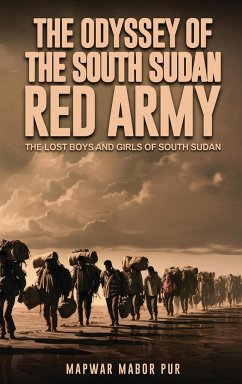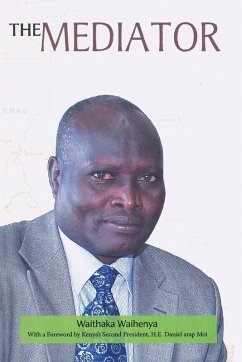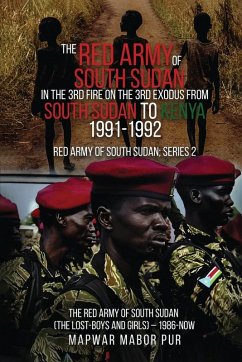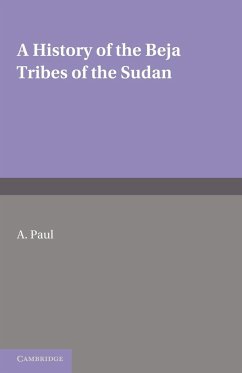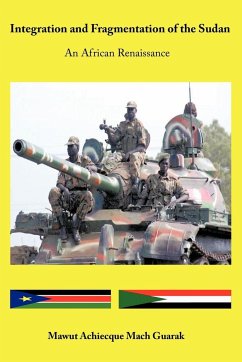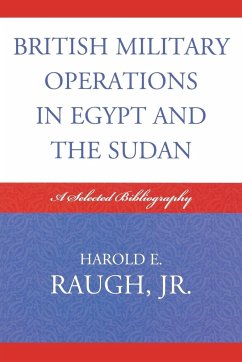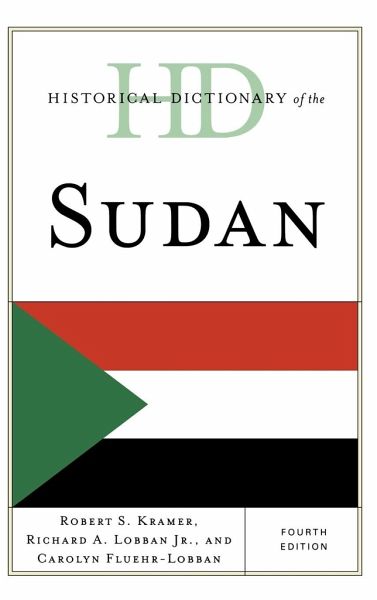
Historical Dictionary of the Sudan
Versandkostenfrei!
Versandfertig in 1-2 Wochen
230,99 €
inkl. MwSt.

PAYBACK Punkte
115 °P sammeln!
This fourth edition of the Historical Dictionary of the Sudan covers the history of Sudan through a chronology, an introductory essay, appendixes, and an extensive bibliography. The dictionary section has over 700 hundred cross-referenced entries on important personalities, politics, economy, foreign relations, religion, and culture. This book is an excellent access point for students, researchers, and anyone wanting to know more about the Sudan.






